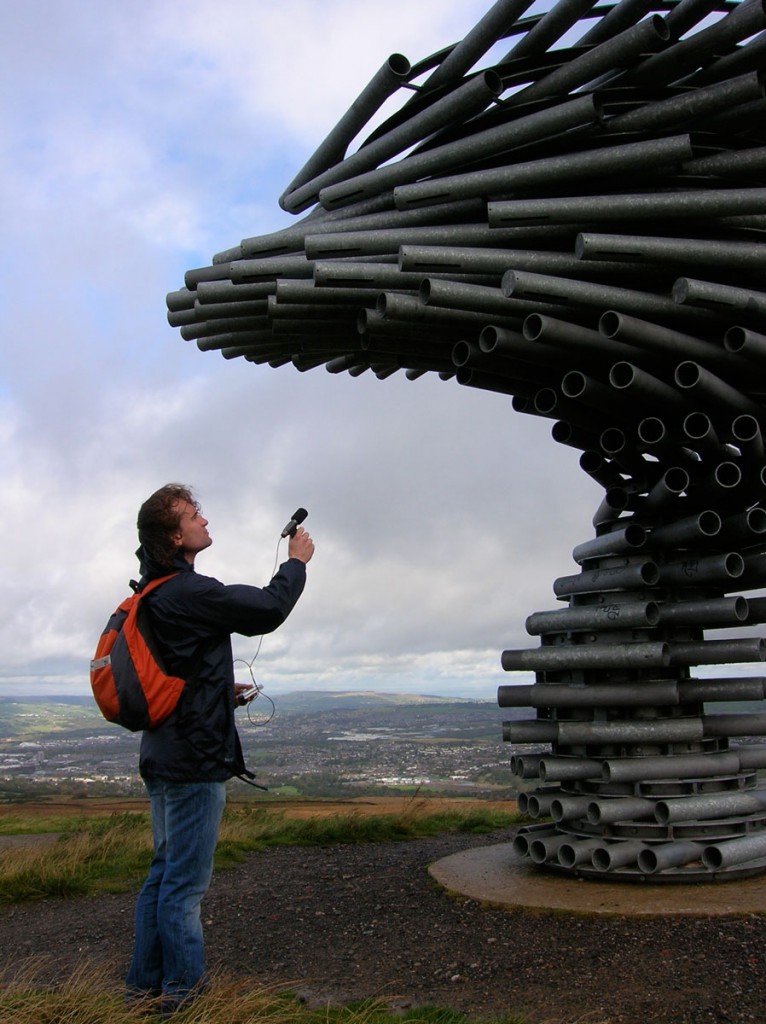Jono Gilmurray
Jono Gilmurray
Completed PhD Student
2014 - 2018
Jono Gilmurray is a writer, researcher and electroacoustic composer, currently conducting AHRC-funded PhD research into ecology and environmentalism in contemporary music and sound art, based at CRiSAP (Creative Research into Sound Arts Practice) at the University of the Arts London. Both his academic research and his compositional work stem from a strong belief in the potential of the sonic arts to facilitate a vital and fundamental reconnection between human beings and the natural ecosystems, of which we are all an integral part, and upon which we all depend – something which is of crucial importance in this era of global climate change.
Jono has written the introductory chapter for a new book, Environmental Sound Artists: in their own words, edited by Frederick Bianchi and VJ Manzo, forthcoming from Oxford University Press. He has presented his research at conferences including the Symposium on Acoustic Ecology at the University of Kent, Network Ecologies at the University of Scarborough, and the International Symposium on Music and Ecology in Ljubljana, as well as producing a short radio programme on the subject, which was broadcast on Resonance FM as part of the Critical Waves project. His compositional work, the 'Badock's Wood' trilogy, was selected for inclusion in Ear to the Earth's '100 x John' project, marking the centenary of the birth of John Cage; and the second part of the trilogy, 'Badock's Wood II – The River Trym', was the winner of the audience vote in the European Acoustic Heritage 'Water Soundscape Composition' contest.

PhD
Ecoacoustics: Ecology and Environmentalism in Contemporary Music and Sound Art
Recent years have seen a growing number of composers and sound artists actively addressing contemporary environmental concerns through their creative practice, forming a significant new movement of environmental, or 'ecoacoustic', music and sound art. In providing a cultural response to some of the most significant socio-political issues of modern times, this represents an important trend within the sonic arts, one which can only continue to grow as the issues it addresses increasingly affect the lives of people across the globe; however, it currently suffers from a dearth of academic research.
Locating itself primarily within the critical discourse surrounding the growing field of ecomusicology, my research will define, describe, and critically evaluate this significant new movement of ‘ecoacoustic’ music and sound art, taking an interdisciplinary approach.
